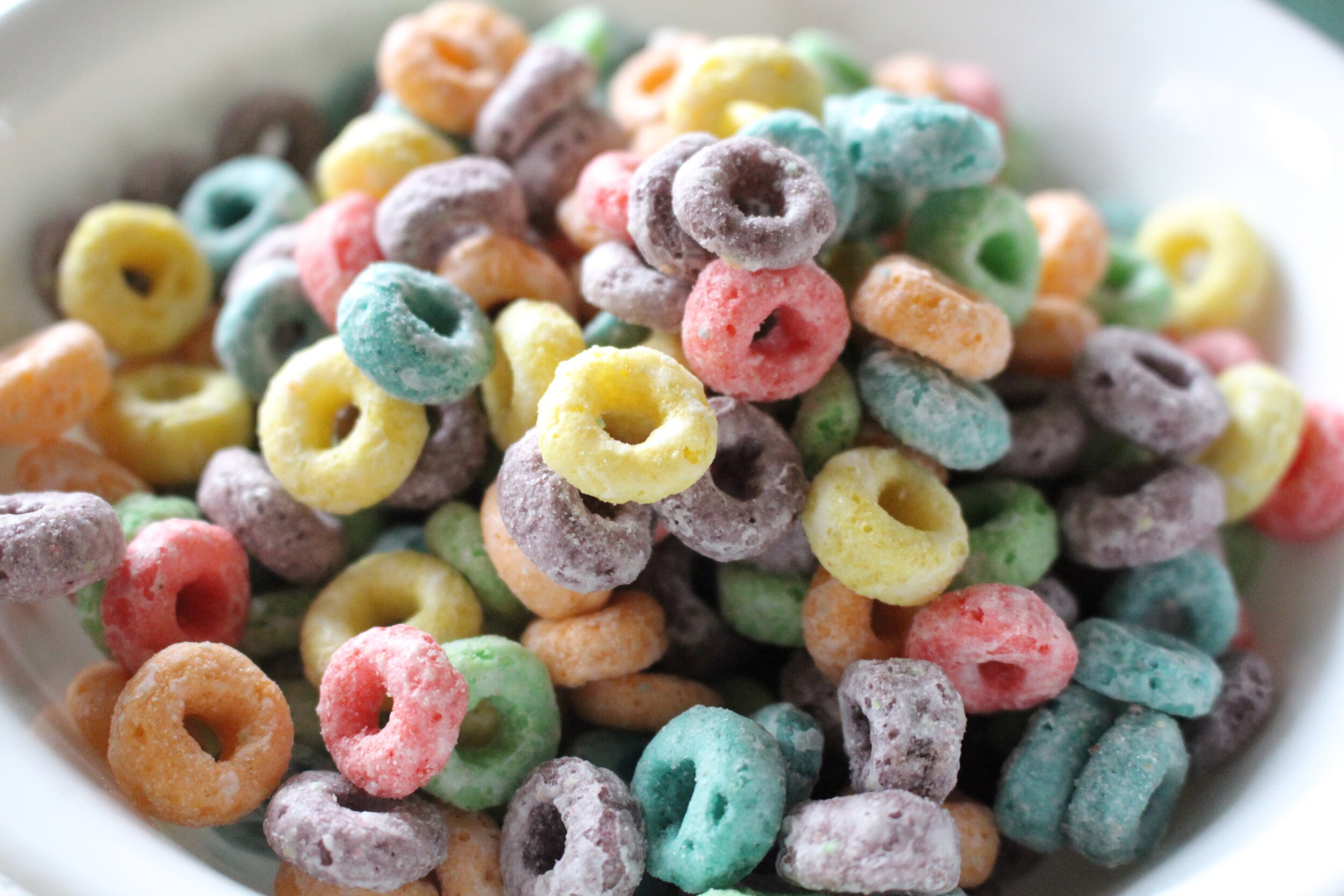Why this Dietitian Doesn't Believe in the Word 'Overeating'
By Katherine Metzelaar, MSN, RDN, CD
There are many words in this culture that are part of the lexicon that communicate a tipping point of sorts.
They are often words that indicate you have superseded the “correct” amount according to (diet) culture and one of those words is to overeat. And because words have meaning that shape how you see the world, how you perceive your experience and how much shame or guilt you feel, understanding the meaning of the word to overeat may help make sense of your and other’s lived experience.
The word overeat is a word that is ubiquitously used in our culture and yet is very rarely questioned. Similarly to words like “overindulgent” and “overweight,” overeating connotes mistakes being made or a sense of wrongness taking place that needs to be fixed. So let’s take a look at why this may not be true and and why as a dietitian and health professional, I don’t believe in the word.
First up, to overeat is an arbitrary word.
A quick search on google will show you that there is no universally agreed upon definition of overeating except for the dictionary definition which is “to eat too much,” which is almost laughable in its subjectivity. How one person defines overeating is quite different from how someone else might define overeating and this matters. When this word is thrown around as something that you are supposed to avoid or that is shameful without there being a consensus on what it means, it often leads many to feeling like if they eat until they are full, or sometimes eat anything at all, that they have done something wrong.
Second up, labeling an experience that you have with food as overeating can often take away the opportunity for you to get curious about what happened if you are feeling distress about it.
For example, instead of labeling a food experience as overeating, such as “I overate cereal yesterday,” what if instead you asked, “what might it be like to trust that my body will eat as much as it needs?” Or, you might ask yourself, “what is contributing to me feeling guilt or shame about that eating experience?” When you label your eating experience as overeating, you can miss out on the opportunity to honor the part of you that needs to be soothed or nourished.
Third up, fatphobia is often at the root of why this word is so impactful.
The implicit, and sometimes very explicit, messaging here is that if you eat anything beyond what (diet) culture tells you is the “right amount”, you will gain weight and that is not ok. Getting curious about your own internalized fatphobia is often helpful in understanding your relationship to food and the fear around eating too much.
Fourth up, bodies are smart. Very smart in fact.
“Overeating” does not happen in a vacuum and is often driven by periods of physical and/or mental restriction of foods. Restricting your food intake, whether this is in your thoughts or actions, often leads to eating way more than you had planned. You cannot trick your body into eating less and expect that it will go along with it and not try to push back. Your body is wise and is working hard to keep you alive. Learning to appreciate and trust your body’s ability to take over when it knows it hasn’t had enough food, or when it feels threatened that it won’t get enough food, is challenging but absolutely possible.
Simply put, the word overeating is a way for diet culture to label the experience of eating as bad, especially when it's foods or food groups that it deems unacceptable.
Think about it, do you say “I overate broccoli, carrots and apples?” I assume no. And this distinction is worth paying attention to.
So I will leave you with five questions to consider to help you unravel your relationship to the word overeating and take steps toward questioning it:
If you stopped labeling your food experience as “overeating,” what would shift for you and why?
What would you need to learn to be able to understand your eating experience more?
How has the way your body been treated impacted your use of/relationship with the word overeating?
If you didn’t blame yourself for eating more, what would be left for you to sit with?
If your fear of gaining weight didn’t exist, how might your eating experience change?
You’ll also love…
Curious about how to re-consider the beliefs you hold surrounding “overeating?”
Reframing the feelings you have around food and fullness can take some time, but can be transformative when done with support. The caring dietitians from our Seattle, WA-based nutrition counseling practice would be honored to help you heal your relationship to food. We offer a variety of services including support for eating disorders, body image, intuitive eating, Bulimia treatment, Anorexia treatment, and chronic dieting. We also offer a body image support group. For more information, please feel free to visit our blog, FAQ, resources page, or contact us now!

